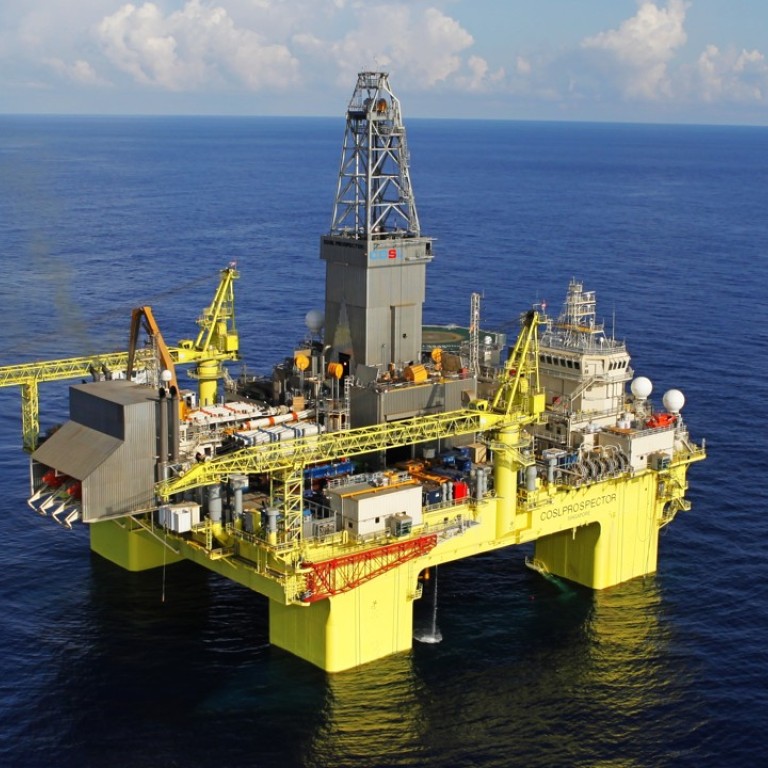
Philippine judge rules out South China Sea gas deal unless Beijing recognises Manila’s sovereignty
Joint venture exploration project is in the Reed Bank area of disputed waterway, which The Hague ruled was part of the Philippines’ exclusive economic zone
Any deal between the Philippines and a Chinese firm to jointly explore for gas on Reed Bank in the South China Sea would be illegal unless Beijing recognised Manila’s sovereign rights there, a Philippine judge said on Monday.
The Philippines has identified two areas in the crowded waterway suitable for joint exploration and the two countries are seeking ways to tackle the diplomatic and legal headaches of jointly exploring in the waters, but without addressing the issue of sovereignty.
Reed Bank is claimed by both sides, but international law says it falls within the exclusive economic zone (EEZ) of the Philippines. China says it falls within the so-called nine-dash line on maps recording its historic rights in the area.
Antonio Carpio, the acting top judge of the Supreme Court, said it was legal for the Philippines’ energy ministry to talk to state-owned China National Offshore Oil Corp (CNOOC) as a possible subcontractor.
“There’s no problem as long as CNOOC recognises that that is our exclusive economic zone,” he told news channel ANC. “But that is the problem, because CNOOC will not recognise [Philippine jurisdiction].”
Carpio was speaking as an expert on international law and staunch advocate for the Philippines to assert its maritime sovereignty claims.
He was among the lawyers involved in the Philippines’ legal challenge against China, which Manila took to the Permanent Court of Arbitration in The Hague in 2013.
The tribunal invalidated China’s nine-dash line in its 2016 ruling, making clear that Reed Bank fell within the Philippines’ EEZ, and that Manila had sovereign rights to resources there.
China is a signatory to the United Nations Convention on the Law of the Sea but it does not recognise The Hague ruling.
“The stumbling block has always been the insistence of China that we recognise their sovereign rights,” Carpio said.
“We cannot do that any more because there’s already a ruling. And the [Philippine] constitution says the state shall protect its marine wealth in its exclusive economic zone. It’s very specific.”
Reed Bank was the site of exploration by the Philippines’ PXP Energy Corp to evaluate the block’s gas reserves, until the energy ministry suspended activities there in late 2014 because of the arbitration case.
PXP has had talks with CNOOC for possible joint exploration and development, but the arbitration halted negotiations. Carpio said another issue between the two companies was who should collect taxes.
Last week, Philippine presidential spokesman Harry Roque said any potential deals between Manila and Beijing should be agreed with a company and not the Chinese government.
On Monday, he said the Philippines and China would have to sign a treaty to enter into joint exploration and development in Reed Bank.
“That’s on the assumption that [Reed Bank] is contested territory,” he said. “We have no treaty on joint exploration as of yet.”

